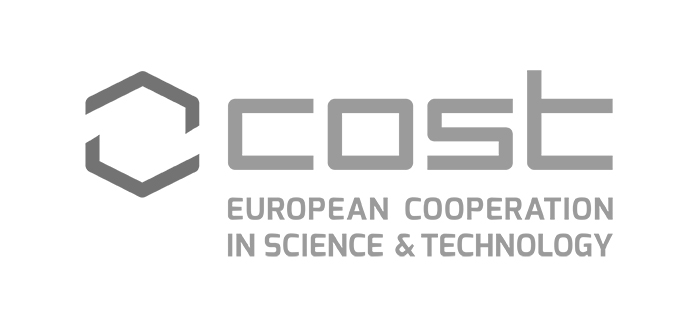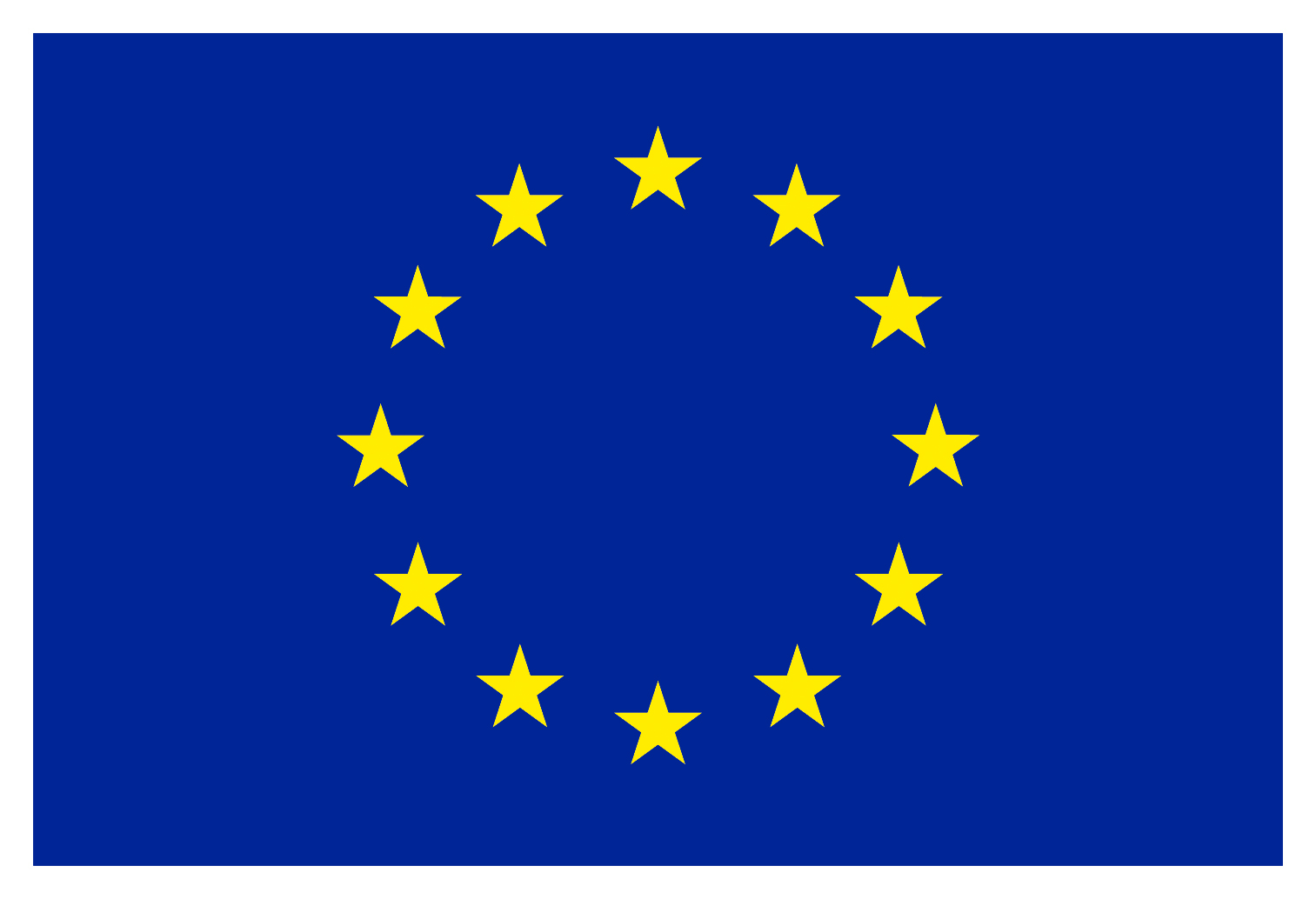A Dynamical View of the Sky
Workshop Overview
During this 3 day workshop in Nice, we will review the impact of the ultra-precise astrometry by Gaia, on our understanding of astro-dynamics, in different domains: binary stars, black holes, galactic dynamics, and solar system.
The format of the workshop is based on invited reviews and contributed talks, and dedicated discussion sessions on hot science topics.
Binary stars: Gaia astrometry of binary stars allow precise determination of stellar masses, an essential ingredient in astronomy, as well as the precise calibration of the first steps of the cosmic distance ladder. When applied to wide binaries, it also allows testing gravity theories.
Black holes: Binary super-massive black holes (SMBH) are important in the framework of galaxy evolution models, but also as potential gravitational wave emitters. Recent analysis of the superb astrometry by VLBI and Gaia found an offset between their centroids in super massive black holes (SMBH). Binary SMBH, recoiling SMBH, VLBI jet components are candidate explanations.
Galactic dynamics: Gaia changed our understanding of the dynamical interactions of the Galactic disc and halo, revealing their rich history. The impact of satellite accretion on the disc and the interpretation of the disc complex kinematic signatures are crucial challenges for Galactic dynamical studies.
Solar System: The accuracy of asteroid astrometry by Gaia and its peculiar properties challenge the traditional approach to orbit computation, but can give access to measurements of Yarkovsky in the Main Belt and a better determination of asteroid masses, providing new constraints to the evolution of the population of small bodies.
The workshop is limited to a maximum of 40 participants.
Location and Dates
The workshop will be held at the NEF building on the premises of the Observatoire de la Côte d’Azur, Mont Gros site, Nice, France.
The workshop dates are 4-6 December 2019
The meeting will start at 09.30 on Wednesday 4 Sep and will close around 14.00 on Friday 6
Programme
It is organised around the announced topics, and ample slots for discussions are foreseen :
- Wednesday Dec 4, 9-13: Presentation of the participants / Galactic Dynamics
- Wednesday Dec 4, 14:30-17:30 Galactic Dynamics / Black Holes / discussion
- Thursday Dec 5, 9-13: Black Holes / Binary stars
- Thursday Dec 5, 14:30-17:30: Binary Stars / Solar System / discussion
- Friday Dec 6, 9-13: Solar System / wrap up - final discussion
We are planning to have a couple of presentation that could include a technical part to provide some details on how Gaia data have been used. This is intended as a focused approach to illustrate how original results can be achieved using the Gaia archive, not as a general tutorial on the archive itself.
Contributed talks and final program
20191113 (and updated v2: 20191205): The detailed program with the selected contributed talks is now available below:
Wednesday Dec 4, 9.30-13.00: Milky Way
Session Chair: Th. Antoja
- 09:00 Welcome to the participants and practical indications
- 09:30 D. Massari (invited) - The Gaia view of the Milky Way Halo and its satellites.
- 10:25 P. Re Fiorentin - Relics of the Formation of the Galactic Halo from Gaia and APOGEE
- 10:50 break
- 11:10 C. Gallart (invited) - The evolutionary history of the Milky Way disk(s) and halo from Gaia DR2 color-magnitude diagram fitting.
- 12:00 A. Spagna - The origin of the thick disc rotation-metallicity correlation
- 12:25 - end - lunch break
Wednesday Dec 4, 14.20-17.30 Milky Way
Session Chair: A. Recio Blanco
- 14:20 S. Torres - Gaia DR2 white dwarfs in the Hercules stream and other moving groups
- 14:55 E. Poggio - Evidence of a dynamically evolving Galactic warp
- 15:20 C. Wegg - The Chemodynamics of the Milky Way’s Bar
- 15:45 break
- 16:05 M. Giammaria - Testing the MilkyWay rotational curve with Gaia DR2
- 16:30 F. Gran - Hidden in the haystack: new globular cluster candidates in the Galactic bulge
- 17:20 conclusions
- 17:30 end of the day
Thursday Dec 5, 9.00-13.00: Black Holes / Binary stars
Session Chair: H. Boffin
- 09:00 S. Komossa (invited) - Binary Supermassive Black Holes
- 09:55 S. Anton - Chasing binary SMBH
- 10:20 break
- 10:35 Y. Kovalev (invited) - Joint Gaia-VLBI analysis as a key to the physics of AGN nuclei
- 11:30 B. Rocca Volmerange - Detection of AGN/QSOs with the satellite Gaia
- 11:55 D. Pourbaix (invited) - Gaia binaries: status two years before DR3
- 12:50 end - Lunch break
Thursday Dec 5, 14.30-17.30: Black Holes / Binary Stars
Session Chair: S. Anton
- 14:30 L.C. Popovic - Photocentric variability of SMBH binary systems caused by variations in their inner structure: consequences for Gaia
- 14:55 F. Keifer (invited - telecon) - Precise mass determination of stars in binaries with Gaia
- 15:50 break
- 16:05 H. Boffin - The mass-ratio distribution of binary stars across the HR-diagram in the Gaia era
- 16:30 F. Jiménez-Esteban - Wide Binary and Multiple Systems of Bright Stars from Gaia-DR2 and the VO
- 17:05 Z. Shahaf - Triage of Gaia astrometric binaries: how to find black-hole, neutron-star and white-dwarf secondaries
- 17:30 end of the day
Friday Dec 6, 9.00-13.00: Solar System
Session Chair: M. Delbo
- 09:00 F. Spoto - The impact of Gaia DR2 on Solar System Objects
- 09:50 A. Fienga - GAIA DR2 asteroid and INPOP planetary ephemerides
- 10:15 break
- 10:35 L. Siltala (invited) - Combining Gaia and Earth-based data for asteroid orbit and mass determination
- 11:00 B. Carry - DART-HERA missions to Didymos: Planetary defense & asteroid science
- 11:25 F. Mignard - Searching new asteroids in Gaia data
- 12:05 T. Santana - Enhancing Gaia Solar System science
- 12:30 discussion, buffet lunch
Invited Speakers
We have the pleasure to announce our confirmed invited speakers, that will provide broad reviews about the topics of our workshop:
- Carme Gallart (IAC, Spain)
- Flavien Kiefer (IAP, France)
- Stefanie Komossa (MPI Bonn, Germany)
- Yuri Kovalev (Astro Space Center, Russian Federation)
- Davide Massari (Univ. of Bologna, Italy)
- Lauri Sitala (Univ. Helsinki, Finland)
- Kleomenis Tsiganis (Aristotle University of Thessaloniki, Greece)
List of Participants
The list of participants will be updated after registration opens.
Registration
Registration will close on Wed 16 October 2019.
Note that there is no registration fee to attend this workshop.
Support to Attendees
There is some funding available to support participant travel and accommodation costs. Our MW-Gaia Action is following the COST organisation's inclusiveness policies - see https://www.cost.eu/who-we-are/cost-strategy/excellence-and-inclusiveness/ - and will evaluate requests for support against these criteria and the applicants statement as to why their attendance at the workshop will be beneficial to them and/or the other workshop participants.
When registering participants are asked to indicate if they wish to be considered for financial support. If so they need to attach a short 200 word giving an indication of their research interests and why attendance at the workshop will be beneficial to them (and/or the other attendees of the workshop).
Local Nice Information
Transportation:
We plan to put at the disposal of the participants a shuttle bus riding up to the observatory in the morning and down to Nice town in the evening. The bus will leave from and return to place Blanqui in front of the Riquer railway station, Nice, conveniently placed for hotels in the Est area of the town. As it will correspond to the meeting schedule we recommend its use.
Alternatives exists by public transportations (Bus n. 84 stops close to the observatory gates, ~10 min by foot from the venue - but beware of the schedule) and taxi (particularly expensive in Nice).
Lunch:
Lunches will be available on site at a favourable price, to be paid in advance the first meeting day. At registration you will need to confirm your lunches and you will be able to indicate food restrictions.
Accommodation:
Meeting attendees are asked to arrange their own accommodation.
Page updated: NAW/ 20190912
Deadline
Registration and Abstract Submission Deadline: Wed 16 Oct 2019.
Key Dates
- Deadline for funding support applications: Wed 16 Oct 2019
- Registration Deadline: Wed 16 Oct 2019
- Feedback to those requesting financial assistance: Wed 23 Oct 2019.
- Publication of Programme: Thu 31 Oct 2019.
- Workshop: 4-6 Dec 2019. The meeting will start at 09.00 4 Dec and end ~14.00 6 Oct 2019. (All times local: CET).
SOC
- Paolo Tanga (chair) - Observatoire de la Côte d’Azur, France
- Sonia Anton - Physics Department, University of Aveiro, Portugal
- Teresa Antoja - University of Barcelona, Spain
- Henri Boffin - ESO, Garching, Germany
- Joris De Ridder - KU Leuven, Belgium
- Alejandra Recio-Blanco - Observatoire de la Côte d’Azur, France
- Dimitri Pourbaix - Université Libre de Bruxelles, Belgium
- Kleomenis Tsiganis - University of Thessaloniki, Greece
LOC
- Marco Delbo’ - Observatoire de la Côte d’Azur, France
- Orlagh Creevey - Observatoire de la Côte d’Azur, France
- François Mignard - Observatoire de la Côte d’Azur, France
- Alejandra Recio-Blanco - Observatoire de la Côte d’Azur, France
- Paolo Tanga - Observatoire de la Côte d’Azur, France
Code of Conduct
- All meeting attendees will be expected to abide by the meeting code of conduct which will be published here.
- About Us
- Contact Us
- Privacy Policy
- Cookie Policy
- COST website: www.cost.eu

